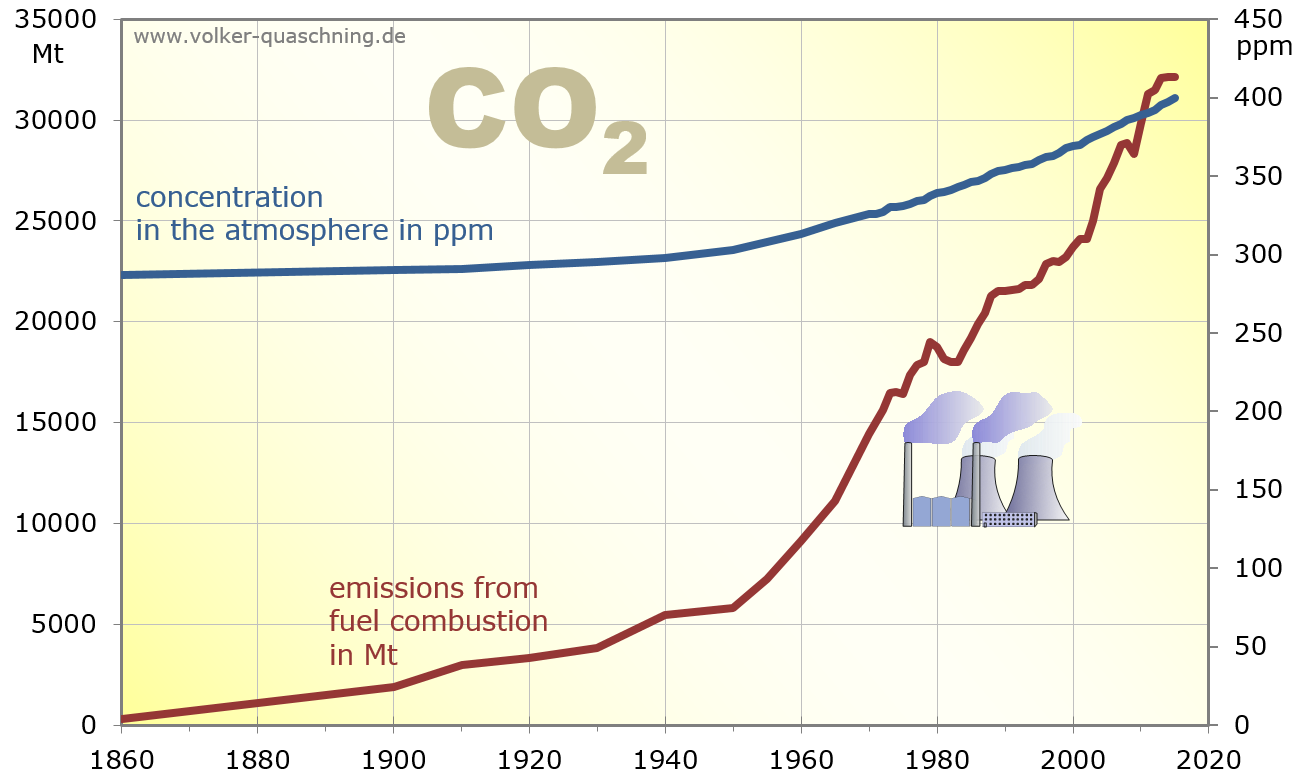
June 1, 2017. Does that ring a bell? To many, it is a day of infamy – the day Trump bid adieu to the Paris climate deal, accord, treaty, or whatever (Paris). Since then, I have read many an article, LinkedIn posts, and Tweets filled with wailing and gnashing of teeth. Was Paris that good? Does anyone reading this know the details? I decided to dig in and synthesize it to hors devours, which seems kind of French. Right? The broad objectives of the agreement include three things: Hold temperatures to well within 2 degrees C relative to pre-industrial temperatures.…
Read More







